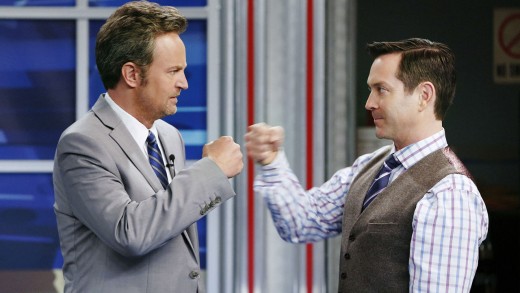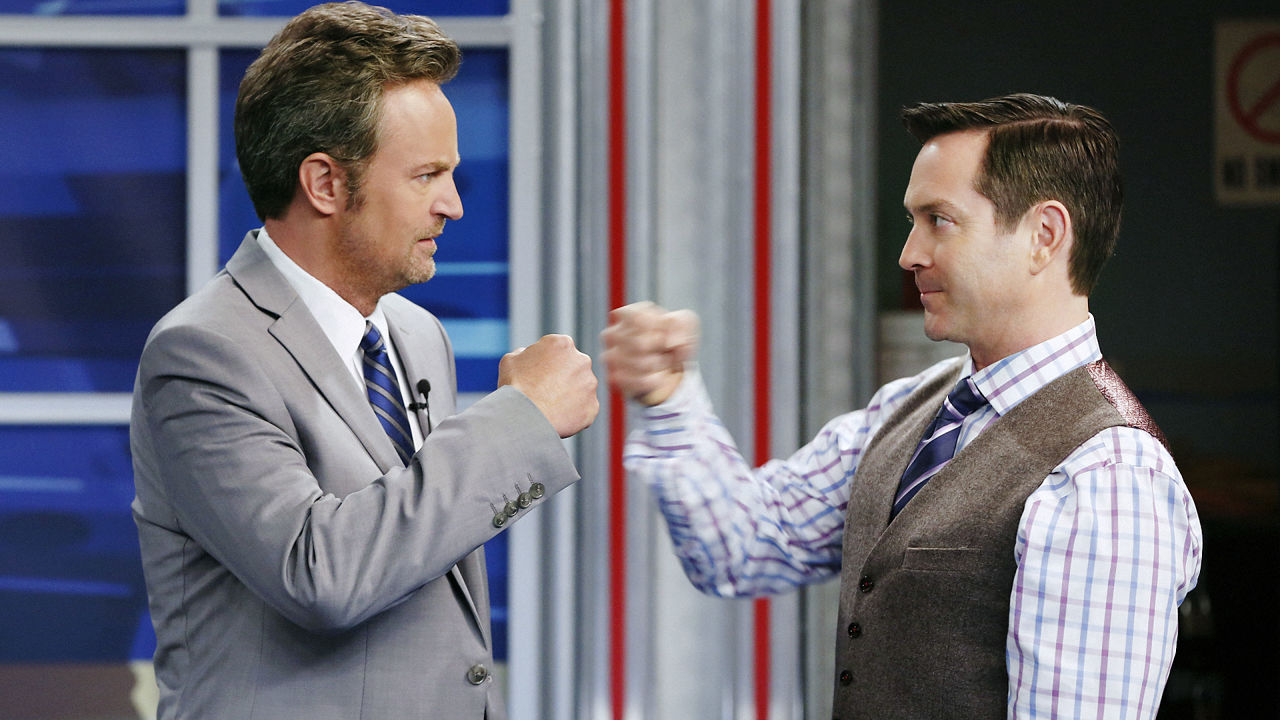6 Truths About Failing Better, From “Odd Couple” Star And Billion-Dollar Screenwriter Thomas Lennon
Thomas Lennon—star of The Odd Couple, co-writer of Night at the Museum— may be very successful, but he still gets fired. A lot.
The dirty little secret about success is how fleeting it can be. Once you’ve made it, whatever that even means, you still have to keep making it. Especially in Hollywood. Working in film or TV is a Sisyphean trudge where the boulder is your work, and its ability to generate revenue is all that keeps it from rolling downhill and flattening you like a pancake. Thomas Lennon, for instance, has been crushed many times over, and even though he’s on a hit sitcom right now, that doesn’t mean he won’t be crushed again. Which is fine! If there’s one lesson several decades of show business have beaten into him, it’s how to fail without being a failure.
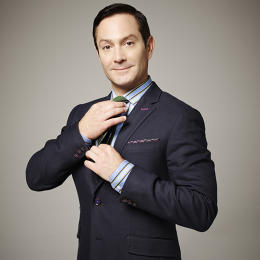
Lennon joined the Screen Actor’s Guild at 15, kicking off a long career in film with such inauspicious roles as “kid in a Konami commercial,” and “kid in an industrial film for Konami called Thrill of the Game.” He began to break through in the early ’90s, when the comedy troupe he co-founded at NYU ended up with a freewheeling cult hit sketch show on MTV. When Lennon and the 10 other members of that group, The State, tried to parlay their MTV viewership into a variety show on CBS, though, they faceplanted. Hard. It was the performer’s first experience with a public failure, and it set the tone for what to expect in a creative career where the only guarantee is that there are no guarantees. Luckily, by the time, Lennon and some State cohorts launched the hit show Reno 911 on Comedy Central in 2003, he and writing partner Robert Ben Garant were so inured to failing that they felt comfortable embarking on a screenwriting career—which is where failure lives. Even though they eventually scored such a seismic hit with Night at the Museum that they were able to credibly produce a book about screenwriting, the threat of getting fired or not finding an audience still lingers over every project, like a thunder cloud that has no qualms striking the same spot as many times as it takes.
As the first season of Lennon’s reboot of The Odd Couple ends on May 14th—it’s just been renewed for a second season—the actor, writer, and comedian talked to Co.Create about the inevitability of failure at even the highest levels, and how to avoid letting it crush you.
Failure Can Come Without Any Warning
So many people involved in the process of making a movie or TV show strive to remain upbeat no matter what, which might make for a pleasant, if misleading atmosphere that shields away the reality of the situation.
“Often there are no signs that something isn’t working,” Lennon says. “This has happened to me a couple of times with pilots that we’ve done. Ben [Garant] and I did one for FX called Alabama which was about a really rundown peacekeeping spaceship. It was basically Das Boot and Reno 911 on a deep space peacekeeping ship. Then we did a pilot for NBC that was set at a Hooters in residential Las Vegas. And I have often found out about these shows we’re trying to make from reading Deadline Hollywood. You very, very seldom know what’s happened. You hear from the TV networks, ‘Oh it’s the favorite, it’s the favorite, everybody loves it, everybody loves it,’ and then literally I never hear from them again.”
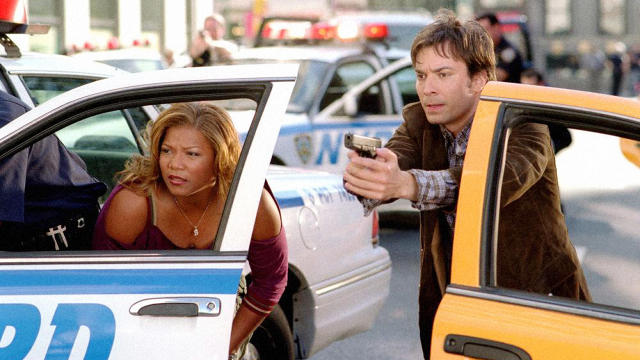
Sometimes Failure Has a Silver Lining
Like the mighty phoenix rising from the ashes, it’s important to look for opportunities to turn a loss now into a win later.
“Ben [Garant] and I wrote the film Taxi with Queen Latifah and Jimmy Fallon. We had test screenings and people loooved it. Everybody thought it was the best,” Lennon says. “Then about a week before the release date, it starts to turn. With movies you can tell when you’re not gonna open very well because they do what’s called ‘tracking’ and they basically can tell you how many people are aware of it and want to go see it. So when the movie tracking comes in, we got a phone call from the producer of that film who said, ‘Guys, you’re gonna be radioactive for a little while, so just keep your chin up.’ So that movie was an epic disaster, but because the test screenings were so good, we had signed a deal to write Taxi II, and of course, since there would be no Taxi II, they made us pick up an assignment at Fox—which ended up being the children’s book Night at the Museum. All of our biggest failures have led to our biggest successes. Reno 911 was a pilot for Fox that languished for three years, and when we finally got it picked up, it ran on Comedy Central for twice that long.”
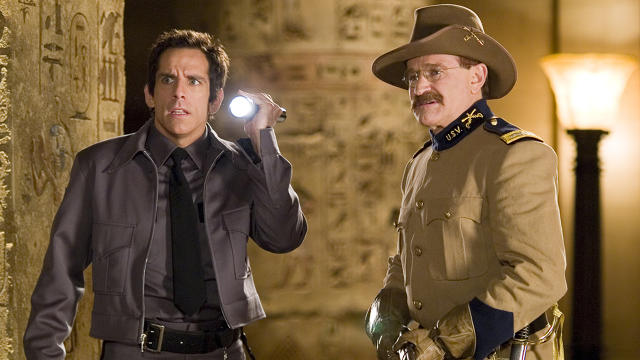
Failure Doesn’t Stop Just Because You’ve Found Success
After literally writing the book on screenplays, Lennon has found he still needs to write eight films for each one that gets made. Having some clout can’t prevent every problem threatening to blow up a project.
“In the past five years alone, we have written 10 films that have been shelved, minimum. Five films have been shelved just at Fox. We’ve been fired off two movies this month!” Lennon says. “Studio heads change and the project everybody loved just disappears. Once you have this insane system figured out, it doesn’t change—you just know how it’s gonna work, which is that you’ll get fired and replaced and then everyone will love your script and then the studio head who also loved your script will get fired and they’ll basically throw out everything that was on the docket before. It doesn’t always happen that way, but you have to be prepared for it, even after a hit.”
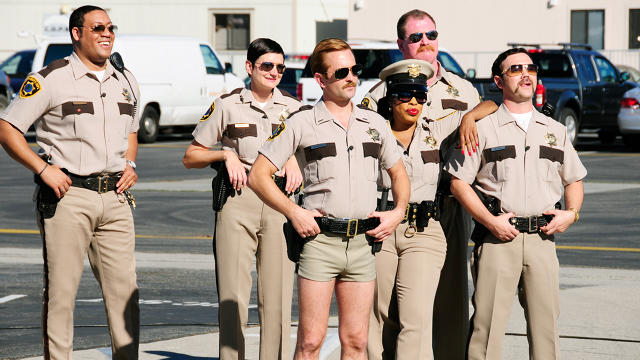
Failure Can Numb You To The Feeling Of Success
Years of learning how to let failure roll off your back have a way of making it more difficult to get excited when things go the other way.
“The Odd Couple has been in the top 10 every week that it’s been on, and I don’t feel anything about it,” Lennon says. “As an actor there is so much endless disappointment in your life that you basically just kill off all the nerve endings that would feel extreme joy because you have just been prepared for things to not go your way for basically your entire adult life. So it’s a real bummer because when you’ve sanded those down you just can’t quite feel that happy about even the good things.”
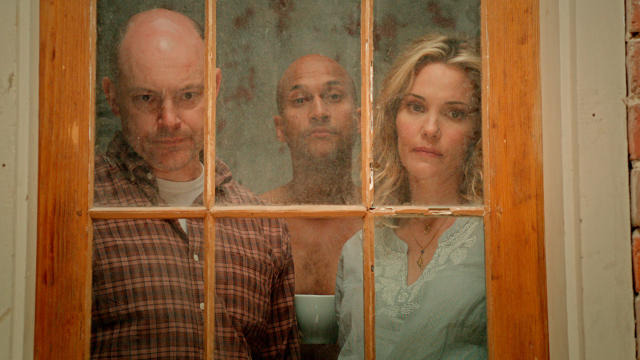
But Some Failures Still Sting More Than Others
Even knowing to expect the worst can’t always keep the disappointment away when the worst is what happens. Especially if the project is personal.
“We had done a bunch of failed TV pilots. We kept just swinging and missing in TV. And we’re like, ‘You know what? Why don’t we do a little movie with no committees, we won’t spend any money, we’ll do everything exactly the way we want.’ And that’s how we made Hell Baby, which is one of my favorite things we’ve ever done,” Lennon says. “It was basically panned unanimously.”
“It was really weird because it got into Sundance, and I introduced it at five different screenings. We’d listen to these awesome reactions from the audience—huge laughs and applause—and then I’d go back to my room and read the worst reviews of anything I’ve ever done. I was like, ‘What the fuck is happening?’ The weirdest thing about it is: I genuinely love that movie. I could watch every word out of Keegan Michael Key’s mouth in that movie on a loop in an art gallery. And it was only released in maybe five theaters. The reaction to Hell Baby felt like a punch in the stomach. I have honestly run back into the embrace of the studio system because through Hell Baby I learned, wow, indies can really break your heart too.”
If You’re Going To Have a Failure, Though, Fail Better
In the movie industry as in just about any situation, one simple bit of advice is often the most sound: Don’t be a dick, dude.
“The people who are still doing this at my age are usually pretty good at picking up the pieces from a disaster and moving on without taking anything personally or bearing any grudges,” Lennon says. “You really need to be able to dust yourself off and get back up because you will get knocked out over and over and over again. Don’t take things personally because otherwise your feelings would be in a constant state of being crushed.”
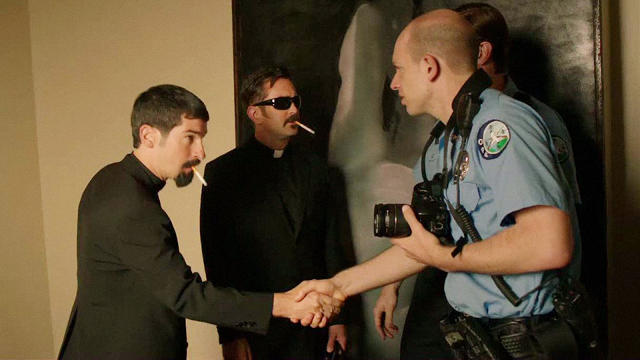
“Most very, very big movie stars, the unifying factor I’ve noticed is they are very nice,” he continues. “The egomaniacal crazy ones really don’t last that long. They just take themselves out of the game. Hollywood is basically about a hundred people doing a musical chairs act. We’ve been at this for about 15 or 16 years now in Hollywood, writing, doing television, stuff like that. There’s really about a hundred people we keep running into. So don’t say something you’re going to regret when they fire you.”
Fast Company , Read Full Story
(232)

